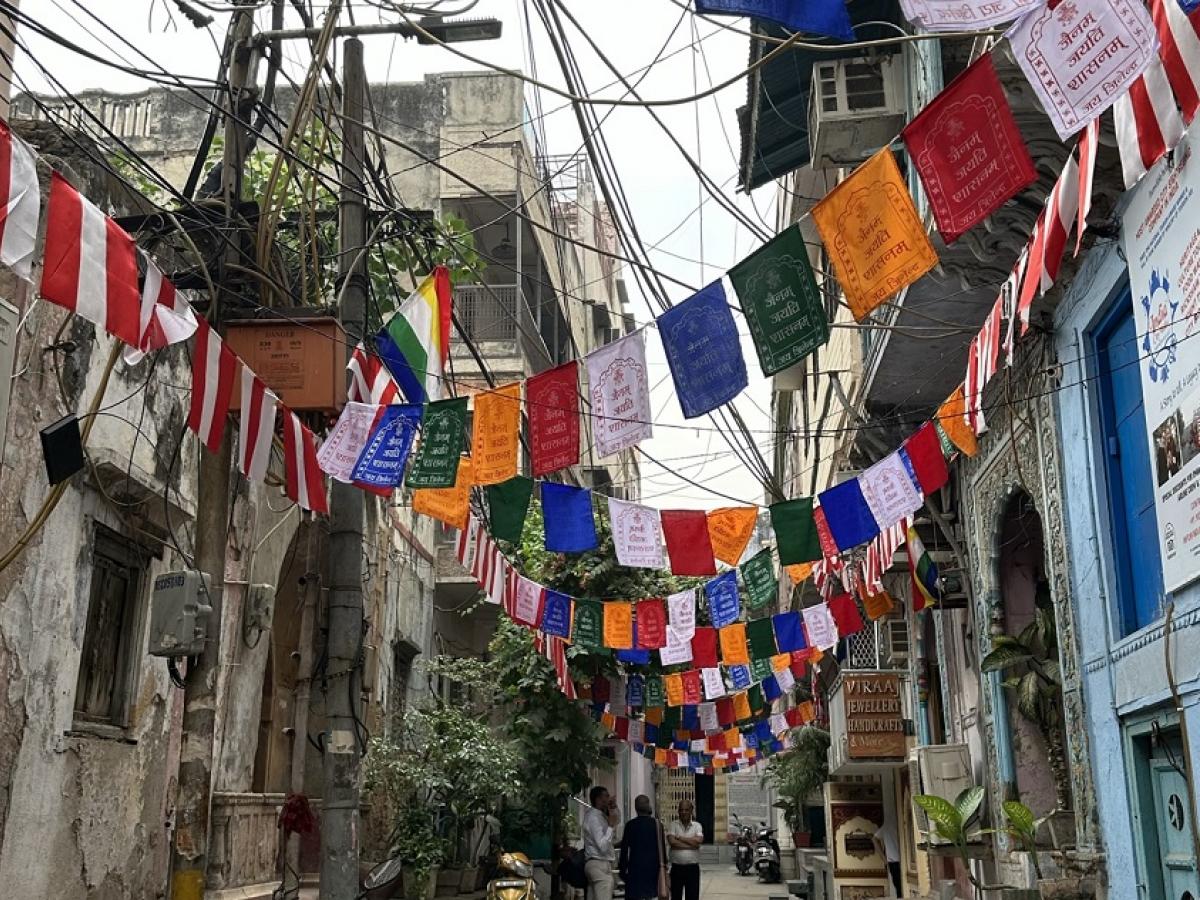
Survivors of exploitation in India will be supported by new research from the University of Adelaide.
Associate Professor Emma George received an Australia India ‘Unnati’ Research Collaboration Grant for her work on the development of an enhanced model of care.
The project focuses on the rural areas of Telangana and Andhra Pradesh, where women are still exploited in sexual servitude. There is a need to enhance trauma-informed care to support recovery and this can include occupational therapy.
The aim is to develop an enhanced model of care for survivors that meets physical, emotional, and social health needs and promotes empowerment of women, families, and communities. The project team will adapt an occupational justice research tool in the Indian context and explore occupational justice and rights for women recovering from exploitation. The outcome will promote holistic approaches to recovery and local Indian knowledge from an occupational perspective.
As principal investigator, Associate Professor George will lead this research on an enhanced model of care for exploitation survivors, in partnership with Indian co-investigators – Professor GVS Murthy of the Indian Institute of Public Health and Dr Beryl D’Souza from Good Shepherd Healthcare.
The Unnati grant aims to boost and deepen research collaboration between Australia and India by progressing existing connections and supporting new partnerships.
Anchored on the principle of the Hindi word ‘unnati’ – which means striving to advance the impact and outcomes of research collaborations – the grants are administered by the Australia India Institute and funded by the Australian Government Department of Education.
Associate Professor George was selected during a highly competitive application for her work within the priority area of the future of healthcare.
Twelve Australian researchers across nine universities have been awarded grants from a pool of more than 180 applicants, with grant winners supported by Indian partners from more than twenty higher education institutions, research centres and industry.







